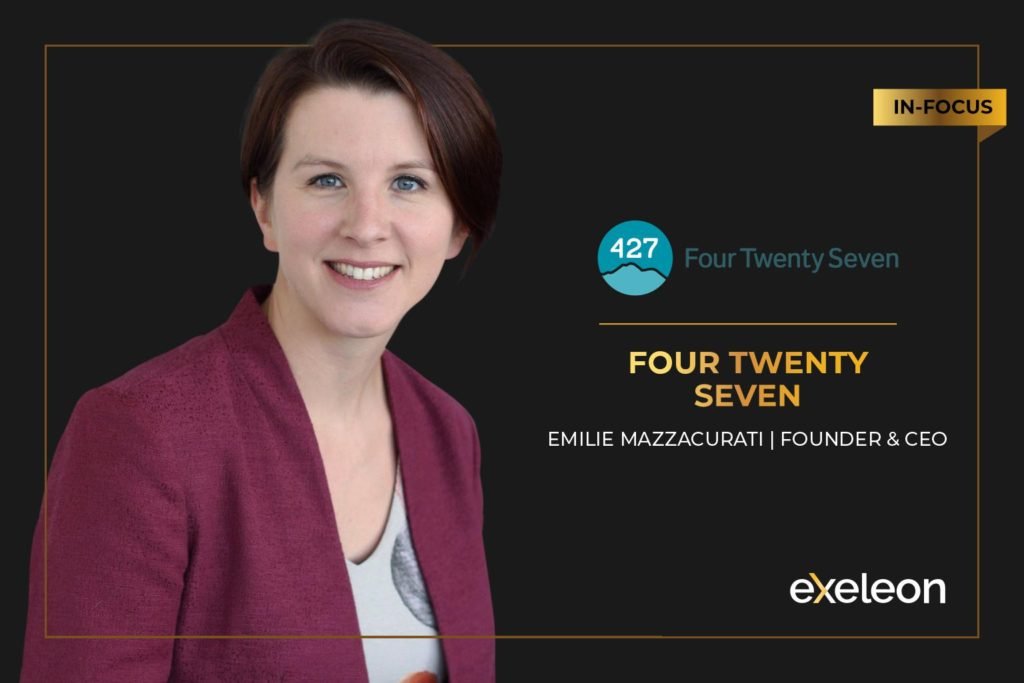Entrepreneurs go above and beyond to set their businesses on the right platform to make the most of their initiatives. They plan, measure the pros and cons of different directions, weigh their investment options, check resources, and test the market before launching their products. But they often leave out climate change from the equation, the element that’s hard to understand, yet wreaks havoc.
It is not just naive entrepreneurs who make the mistake, financial stakeholders, corporations and governments ignoring climate as a decisive factor. Even those that strive to prepare for climate impacts are often faced with challenges in understanding what the climate science means for them. But Emilie Mazzacurati was wise enough to take note of this.
Her experience, especially watching how Hurricane Sandy knocked down Wall Street, made her see the significant data and preparedness gap in the private sector. She realized that many people did not view climate change as a material risk, as it is often long-term and seemingly unquantifiable. Planning for climate change requires up-front investment and many companies are not eager to spend on uncertain actions without clear understanding of the benefits and return on investment.
This drove her to start Four Twenty Seven in October 2012, an affiliate of Moody’s and a company that publishes data, analysis and market intelligence on physical climate and environmental risks.
How Do They Work?
Ignoring climate during strategic discussions is a fallacy that companies should avoid. But, it’s impossible to prepare for its impacts without understanding the risks it presents. While the past several years have seen an increase in awareness of the material risks of climate change, Four Twenty Seven was on the leading edge of analyzing many complex scientific datasets and translating them for financial and business stakeholders.
Emilie and her team publish deeply data-driven and location-specific analysis, based on the best available climate data and the specific need of financial stakeholders. They provide forward-looking information on exposure to floods, sea level rise, hurricanes & typhoons, heat stress and water stress, based on the precise geographic locations of companies’ facilities. This informs ongoing research and approaches to address climate risk across sectors, increasing awareness of the impacts of climate change on the market globally. Four Twenty Seven’s mission is to “catalyze climate adaptation and resilience investments by enabling the integration of climate science into business and policy decisions.”
Steering Ahead
Headquartered in Berkeley, California, the root of Four Twenty Seven is “in the culture of technological innovation, social awareness and environmental stewardship of the San Francisco Bay Area.” Four Twenty Seven is now a Moody’s affiliate with a global presence, under the strong leadership of Emilie.










